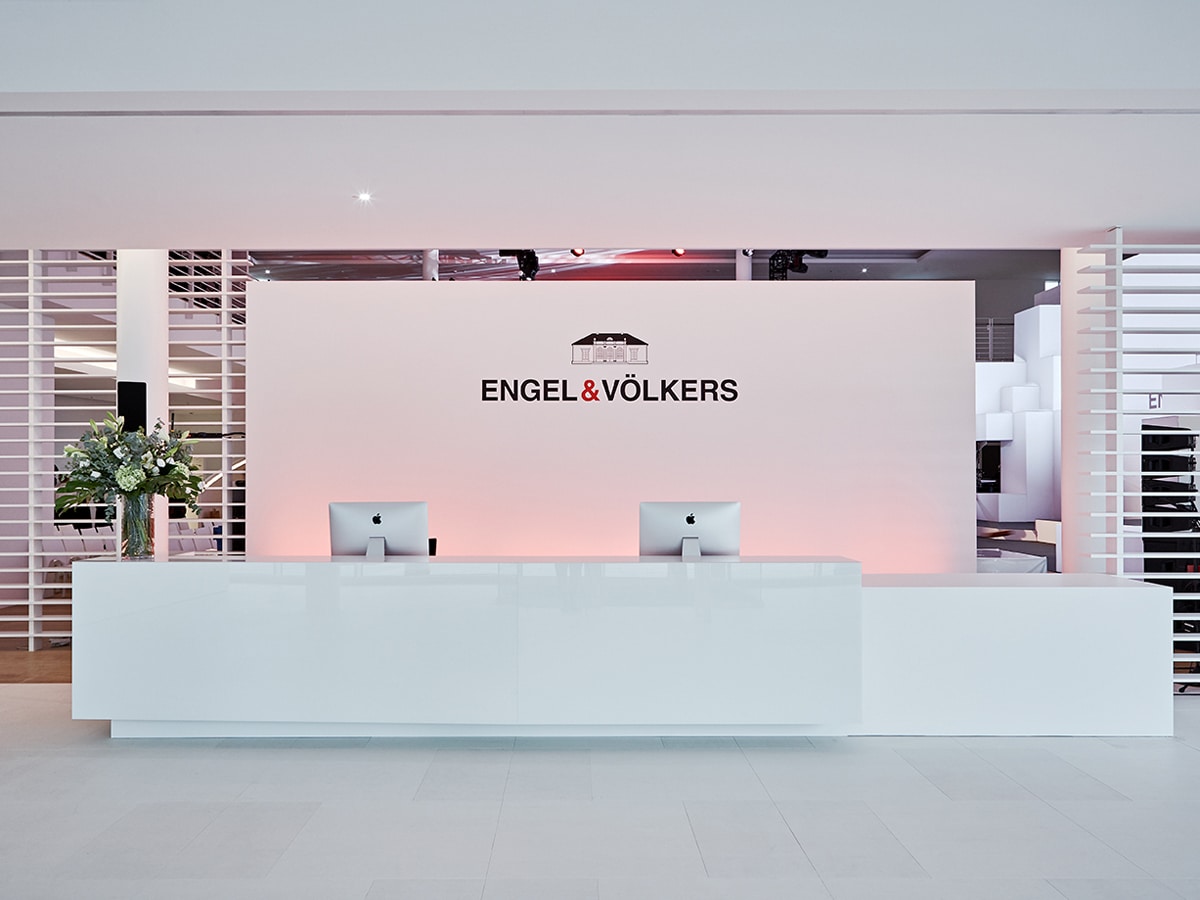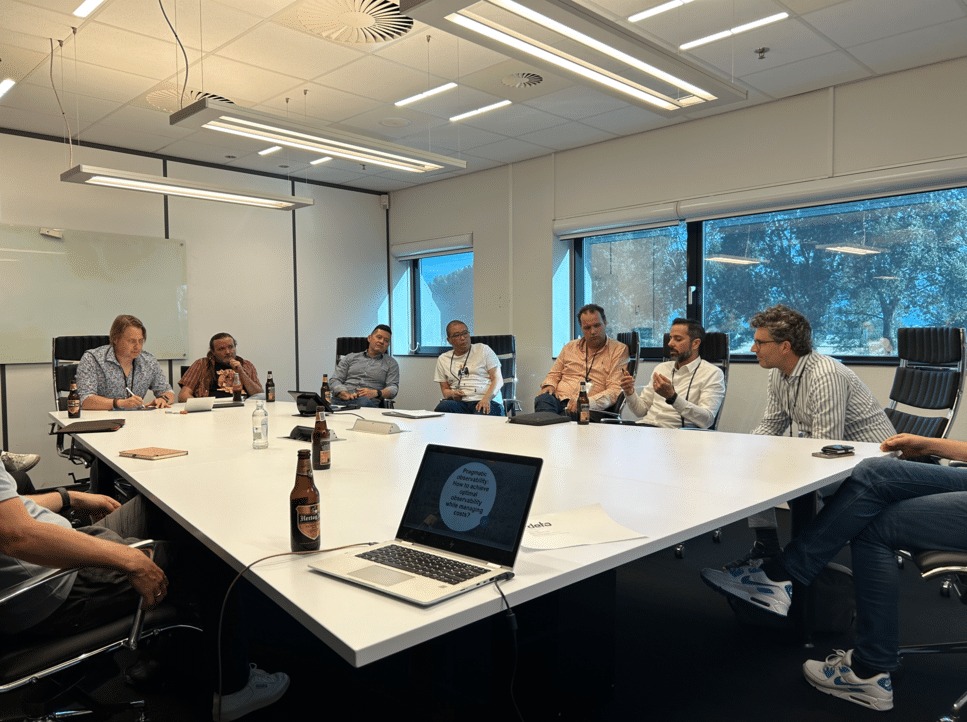We recently spoke about the amount of important decisions that Salesforce professionals have to make throughout their career. One being, whether to work for an end user or consultancy. To help ease this decision, we released the first blog in our two-part series, outlining the pros and cons that come with working for an end user.
If, upon reading the pros and cons of an end user, you were still unsure which route to take, don’t panic! In the second, and final part, of this two-part series we outline some of the pros and cons that come with working for a consultancy.
Consultancy Pros
Range of experience
As you probably already know, when working for a consultancy, you are essentially loaned out to businesses to do something for them. This could be developing new Salesforce capabilities, working as an administrator during implementation, or scoping out the business need for the platform. You’re borrowed by organisations to help them achieve their goals.
As a result, when you work for a consultancy you are basically guaranteed to gain a wide range of experience, and quickly. Simply because there is a lot more variety in what you do every month or even every week.
Access to the latest technologies
When working for a consultancy you’ll often get to work with the latest and greatest technologies, such as Salesforce Einstein or Lightning Platform. Working for an end-user can limit the technologies you have access to due to business’s strategy or product plans.
Whilst with a consultancy, you are much more likely to encounter various technologies to help you develop specialised skills. Making you a more marketable professional.
Certifications
Consultancies can often be judged and targeted on how certified their consultants are, or how many Trailhead badges they have. As a result, they are more likely to encourage you to expand your knowledge with structured learning opportunities – certifications.
From their perspective, it’s better to market their consultants as certified and up-to-date with the latest Salesforce technologies. From your perspective, your employer is actively encouraging you to take the time to further your Salesforce learning – it’s a win-win!
Networking
Working for a consultancy can be one of the quickest and most effective ways to build a vast and valuable network – you’re in the community every day, working with different people, in different businesses, and demonstrating to them how you can transform their organisation.
Through working with multiple clients and stakeholders on different projects during the course of your consultancy career, you’re given a unique opportunity to build relationships across multiple organisations. These relationships could potentially turn into job offers, freelance consulting roles, or even into mentorships later down the line.
Career advancement
Working for a Salesforce consultancy will mean you’ll quickly become an expert. Projects are often fast-paced, and you’ll typically be working in teams, meaning you get to learn quickly from those who are more experienced in your field.
Not only this, but with the speed at which the Salesforce ecosystem evolves, consultants are expected to stay ahead of trends in order to best serve their clients, and so you’ll naturally become an expert in the world of Salesforce.
Consultancy Cons
Travel
One of the drawbacks of consultancy work to consider is that it often involves a lot of travel. Depending on the consultancy you work for, you could be called to work in different locations throughout the months or even in the same week.
Alongside this, it’s important to remember that you are an employee of the consultancy, and they will ultimately determine where and when you work. So, even if you really aren’t keen about implementing Salesforce Lightning for a not-for-profit that is based quite far away, that might be where you’re sent three days a week.
Culture
Consultancies can sometimes fall foul to the problem of not developing a strong internal culture. For instance, they sometimes can’t validate pulling employees from projects for a team day out, because, at the crux of it, they make money when their contractors are on site working with clients.
That’s not to say that consultancies won’t have a good internal culture; the majority of them do understand the importance of building a strong team and will invest in team days out to keep morale up.
Personal development plan
Whilst consultancies will encourage you to spend time on certifications and completing Trailhead, you are less likely to have a personal development or learning plan than if you were working for an end-user. That being said, it comes down to personal preference whether you’re willing to forgo structured training and objectives for more hands-on learning and development.
Less vision into the impact of a project
The final thing to consider, is whether you would be happy not seeing the outcomes of your hard work. When you’re on-site you are often there to do the job and move onto the next one. You’ll rarely stick around to see how your work has impacted the business, and how you have contributed to their growth and development.
If this is something you care about then consultancy work might leave you feeling a little unfulfilled, when you leave a client and don’t see first-hand how the project you worked on has impacted their top-line.
The choice of whether to work in a consultancy or not comes down to you and your personal preference. Working for a Salesforce consultancy certainly has pros and cons, but only you can determine whether it’s right for you.
For a confidential conversation about working for a consultancy, and to hear about our latest roles, get in touch with our specialist Salesforce consultants today!




